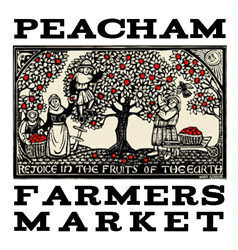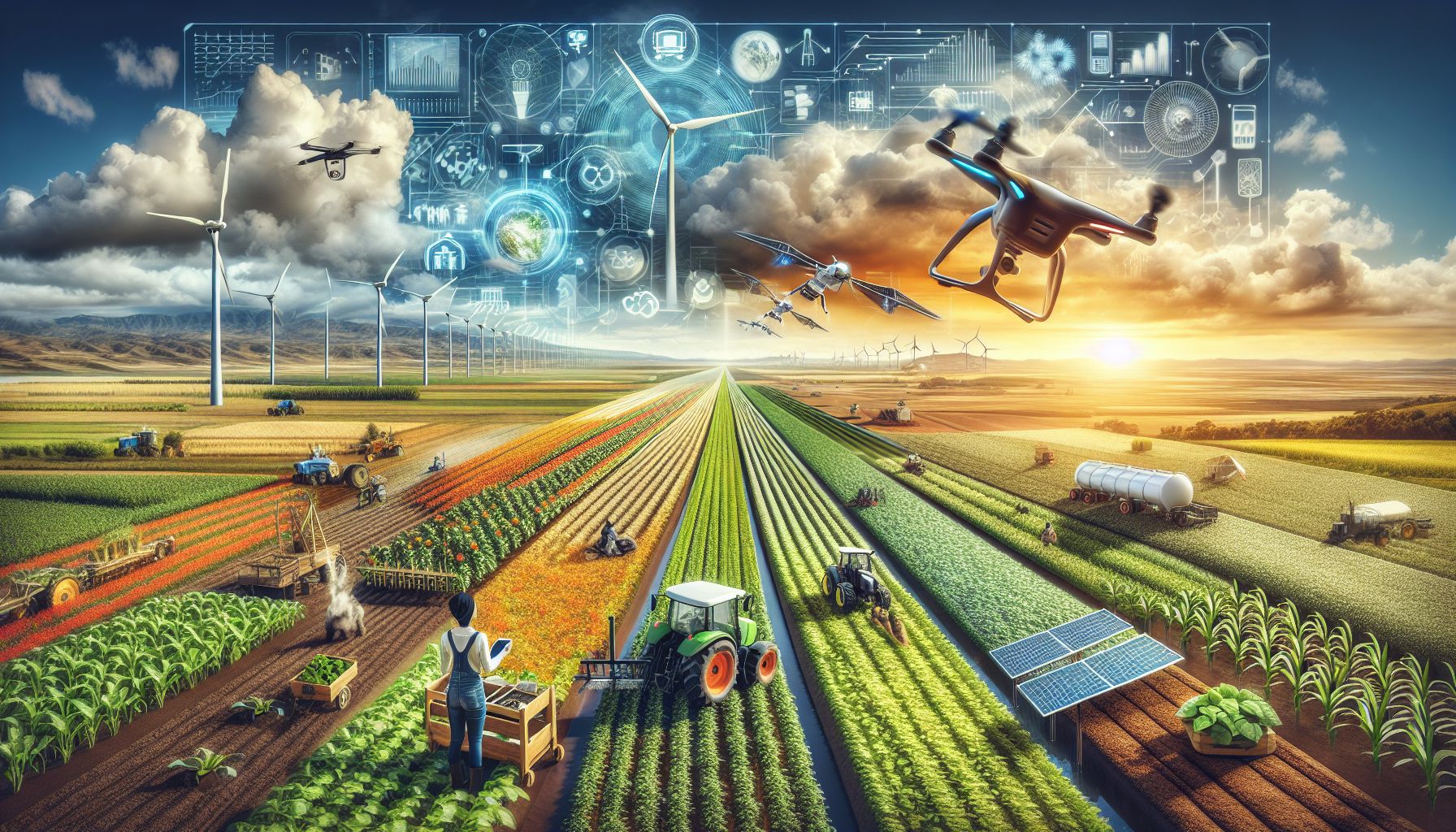Farming is an essential part of our daily lives, providing food and raw materials for various industries. Not only does it shape economies, but it also plays a significant role in maintaining the balance of ecosystems. As the world’s population continues to grow, the demand for food and resources also increases. However, modern farming faces various challenges and impacts on the environment, making it a complex and constantly evolving industry.
One of the latest trends in sustainable agriculture is the use of regenerative farming techniques. These practices focus on improving soil health, biodiversity, and water management, making them more resilient to climate change. Farmers are using methods such as cover cropping, crop rotation, and reduced tillage to ensure that their land remains productive for future generations.
Technology is also revolutionizing the way farmers operate. From precision agriculture to the use of drones and satellite imaging, advancements in technology have helped farmers become more efficient and sustainable. For example, precision agriculture uses data and analytics to improve crop management, reducing the need for excess pesticides and fertilizers. This not only benefits the environment, but it also lowers costs for farmers.
However, while modern farming has made significant strides towards sustainability, it still faces challenges. One of the biggest obstacles is the rising cost of inputs, such as seeds, fertilizers, and machinery. With the increasing demand for food, farmers are under pressure to produce more while also keeping costs low. This can lead to the use of intensive farming practices that can have negative impacts on the environment, such as soil erosion and water contamination.
Climate change also poses a threat to the farming industry, with extreme weather events becoming more frequent. Droughts, floods, and heatwaves can have devastating effects on crops, leading to decreased yields and financial losses for farmers. This makes it crucial for the agriculture sector to continue to adapt and find ways to mitigate and reduce carbon emissions.
The impact of farming on the environment cannot be ignored. Agriculture is one of the leading contributors to greenhouse gas emissions, and traditional farming practices have caused deforestation and depletion of natural resources. But as consumers become more conscious of their impact on the environment, there is a growing demand for sustainably-produced food. This has led to an increase in the adoption of organic farming methods and the demand for locally-sourced, seasonal produce.
In conclusion, farming in the modern world is a complex and dynamic industry. While it faces challenges and has a significant impact on the environment, innovative solutions such as regenerative farming and advancements in technology are shaping a more sustainable future. As consumers, we can also play a role in supporting local and sustainable agriculture by choosing to buy from farmers who prioritize environmental stewardship. Let us continue to celebrate the vital role that farming plays in our lives, and work towards a more sustainable and resilient future for all.

